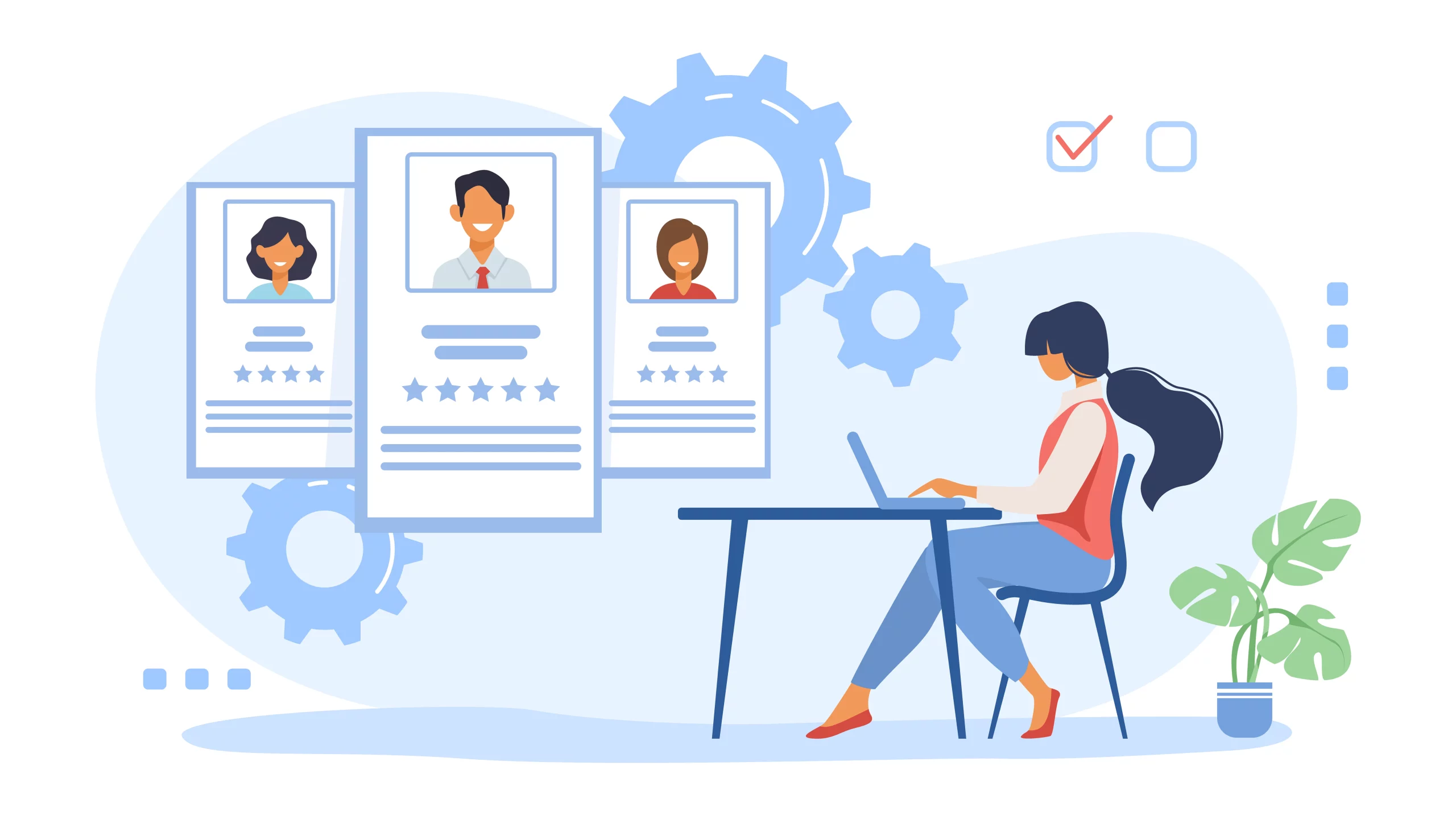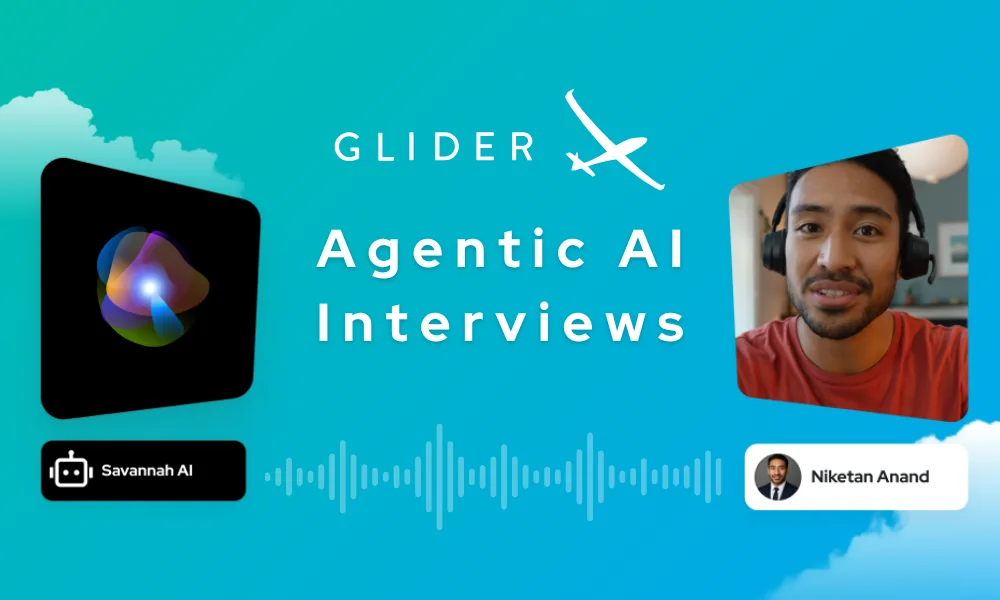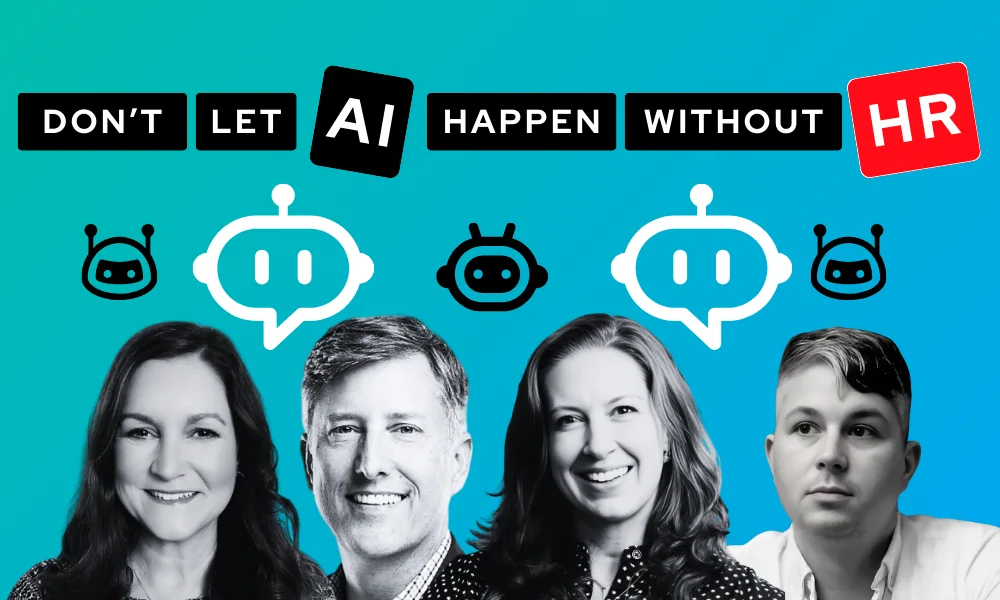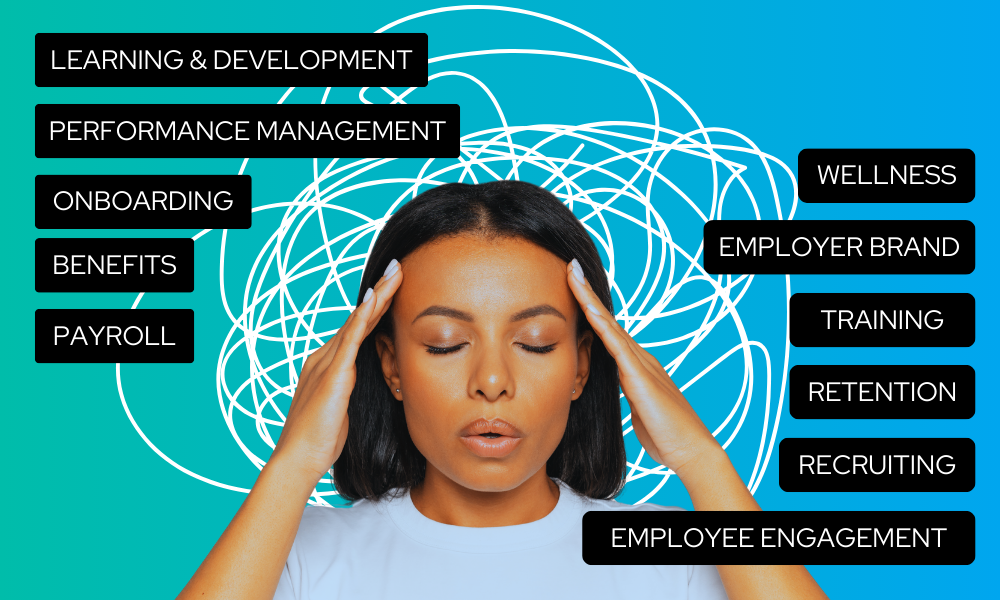Finding and recruiting top talent remains a challenge for talent acquisition and human resource professionals. Companies need to develop strategic sourcing capabilities to identify, engage, and hire the best candidates for open roles. This is where artificial intelligence (AI) comes in with advanced solutions to transform and upgrade talent acquisition.
AI is revolutionizing recruiting through the automation of mundane tasks and introducing new capabilities like hyper-personalization and predictive analytics. By adopting AI in strategic sourcing, companies can accelerate their sourcing strategies, enhance the candidate experience, mitigate biases, and make data-driven hiring decisions.
The Power of AI in Talent Sourcing
AI can completely overhaul traditional strategic sourcing recruitment methods using automation, machine learning models, and data-backed recommendations. According to the research, the current worldwide market valuation is a substantial $512 million.
Expert projections estimate the industry will likely register a high compound annual growth rate of 5.8% from 2023 to 2030, predominantly led by large corporations and technology giants.
Additionally, their survey reveals that 38% of recruiting managers ranked efficiency gains and faster time-to-hire as driving reasons for integrating AI capabilities into their recruiting workflows. As more specialized AI solutions emerge for resume screening, candidate matching, interview automation, and predictive hiring analytics, widespread adoption is expected across sectors.
As a result, the artificial intelligence talent acquisition market is expanding rapidly. Some key ways AI is enhancing sourcing include:
- Automating the identification of passive candidates from large talent pools across the web and professional networks.
- Analyzing candidates’ hard skills, credentials, and experience levels and assessing cultural fit using natural language processing algorithms.
- Building targeted talent communities or “talent clouds” based on emerging skills needs.
- Personalizing outreach campaigns to engage high potentials by integrating data from multiple sources like resumes, social media, publications etc.
- Continuously screening potential hires with virtual assistants and chatbots for 24/7 sourcing.
AI-Enabled Outreach and Engagement
Connecting with relevant talent in a hypercompetitive market requires AI-powered communication. Chatbots and email automation tools are being extensively used by recruiters to qualify leads faster.
According to a study, 39% of job seekers favor AI over humans for initial screening interviews as it removes bias. AI chatbots can engage candidates 24/7 with personalized, conversational experiences. Chatbots can even ask common manager interview questions by integrating two-way text messaging. As a result, recruiters achieve up to 52% higher response rates. The Glider AI Co-Pilot does exactly that, with 24/7 availability so candidate questions are answered instantaneously.
Once leads are qualified, AI sequencing algorithms trigger targeted multichannel campaigns across email, SMS, and social media to engage candidates. These AI-enabled experiences humanize recruiting, allowing for meaningful candidate-recruiter relationships.
AI-Enabled Interviews
AI is driving the next generation of skills-based hiring, asynchronous video interviews or one-way video interviews save time by replacing manual screening. Using natural language processing and machine learning models, AI can analyze the verbal and non-verbal cues of candidates when answering standardized questions.
This provides objective assessments of candidates’ hard and soft skills, aptitude, and culture, removing unconscious human biases. AI evaluates factors like speech patterns, facial expressions, word choices, tone, and even micro-expressions that humans can miss in interviews.
Talent acquisition teams are realizing measurable improvements by deploying AI-driven solutions. As per the latest reports, over 11% of candidates screened and selected through AI systems demonstrate higher qualification rates in subsequent hiring stages.
Additionally, their survey with recruitment leaders worldwide found that approximately 67% strongly agree that AI enables faster and more efficient hiring by automating manual tasks. About 43% also believe AI tools can effectively counter unconscious biases during candidate evaluations regarding aspects like gender, race, and age, thereby promoting diversity.
As AI advancements in HR technology continue, wider adoption is expected across recruitment functions, including sourcing, screening, assessment, and onboarding.
Data Security and Privacy Considerations
While AI innovation continues, stringent data policies are crucial for building candidate trust. AI in recruitment relies heavily on personal data sourcing, making security vulnerabilities a rising concern. Over 72% of candidates worry about violation of data privacy, disclosure of information to third parties, and misuse by hackers.
Companies need robust infrastructure with encryption, access controls, and continuous security audits to protect sensitive candidate data used to train AI algorithms. Transparency around the use of AI and explicit consent is also vital for ethical AI adoption.
AI Adoption in Various Industries
AI sourcing solutions are being rapidly deployed across high-growth industries like technology, financial services, healthcare, and life sciences. Small and mid-sized businesses are also investing in AI-based recruitment with intuitive self-service tools for affordable access.
Companies are increasingly welcoming artificial intelligence as part of their core operations and strategic priorities. At present, the US holds the reins when it comes to showing readiness in deploying in the public sector – healthcare, transportation, and education – scoring 85.72 out of 100 on average. In fact, the regional AI market value will reach slightly shy of US$300 Bn by 2026.
Conclusion
The role of AI is growing exponentially in recruitment for superior strategic sourcing, engaging, and evaluating talent. While AI improves efficiency and results, hybrid models balancing automated screening with human interactions are ideal.
AI brings tangible productivity gains, expands talent reach, enriches experiences, and increases hiring accuracy. However, responsible AI adoption with ethics, transparency, and security controls remains vital. As AI capabilities grow more advanced, companies need strategies to assimilate these technologies with their teams and processes for accelerated, frictionless recruiting. They can leverage Glider AI’s recruiter-centric AI product to ensure full funnel recruiting that encompasses screening, assessment and interviews, scale and streamline their entire recruitment lifecycle and augment their workforce with a highly talented pool of job-ready candidates.
FAQs
What are the emerging trends in AI for talent acquisition?
Some emerging AI trends transforming recruitment are hyper-personalization through AI, asynchronous video screening, data-backed skills benchmarking, and predictive analytics around retention risk. Chatbots and communication automation also continue to see rapid innovation.
How does AI help in mitigating bias in recruitment?
AI helps counter unconscious human biases around demographics, race, gender identity, etc., in the hiring process. AI screening tools apply standardized, structured interviews and skills assessments objectively without preference or prejudice. This increases diversity and inclusion.
How can HR professionals adapt to the era of AI-driven recruitment?
HR teams need to continuously develop AI fluency through training in understanding AI systems, interpreting AI output, and responsibly integrating AI. Learning programs around AI ethics and privacy are also important for risk mitigation.
Is the use of AI in procurement limited to larger enterprises, or is there a compelling business rationale for smaller procurement organizations as well?
Advancements in AI technology, along with the availability of intuitive self-service solutions, have made AI accessible even for smaller teams. Core value propositions around efficiency, reach, and unbiased screening apply across organization sizes. The key is change management and seamless integration with existing systems.
Is it necessary for organizations to adapt their processes to align with AI, or should AI seamlessly integrate with their existing workflows?
While AI aims to augment human capabilities, the optimal approach is striking the right balance between technology and teams. Organizations need a change roadmap for AI adoption focusing on use case priorities, required strategic sourcing process changes, continuous learning, and iteration. Responsible AI assimilation enables innovation as well as stability.



